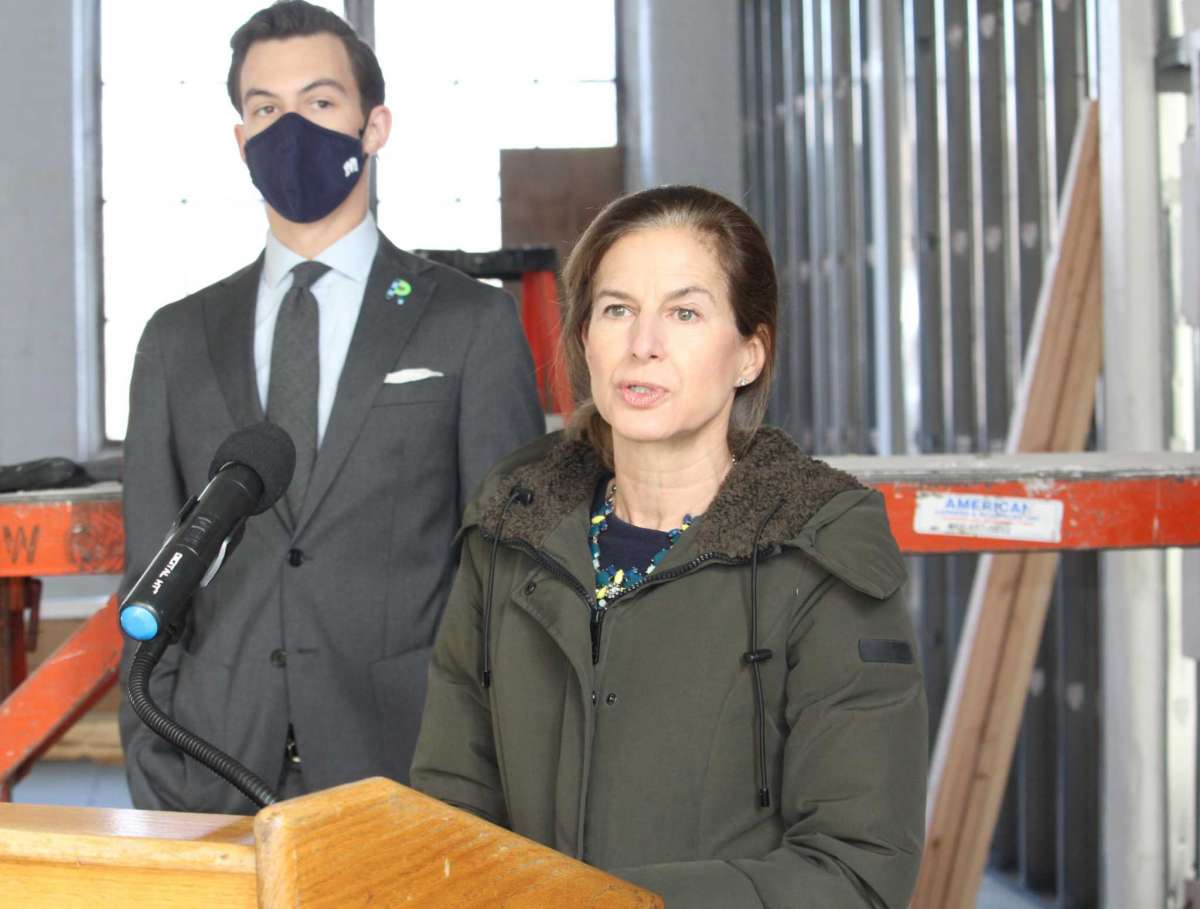

CT must do more to help children facing trauma at home
As the COVID-19 pandemic has stretched on longer than any of us originally anticipated, the secondary effects of this global crisis continue to play out in communities and homes around the world, and here in Connecticut.
Much attention has rightfully been paid to the impact of the pandemic on various social and economic fronts including mental health, the education achievement gap, workforce problems and more. However, there is another widespread and dire area of concern that has gotten less attention. A shadow pandemic which plays out within our broader public health crisis that is having a particular impact on Connecticut children: domestic violence.
In the early waves of the pandemic, the very measures put in place to combat the virus were also fueling a “nightmare for victims of domestic violence.” As families were asked to isolate at home, victims of domestic violence were given more exposure to domestic abusers. Early estimates and studies showed more than an 8 percent increase in domestic violence incidents in the United States, as well as a dramatic surge in gun sales. And as the pandemic has dragged on, external factors such as income loss have made domestic situations more volatile, compounding the problem.
The impact is especially acute for children. For one, remote learning meant more time at home, often with adult family members either working from home or experiencing unemployment. Beyond that, the pandemic has caused fewer children to interact with a variety of systems intended to offer safety and support. When children are not in school, it prevents the ability of teachers and other professionals to notice irregularities in behavior that could be attributable to experiencing or witnessing abuse at home; in fact, the Connecticut Department of Children and Families has reported substantially fewer referrals from educators over the past year. Many social services that help children have also been moved to virtual rather than in-person contact, limiting access to some children who otherwise may have had access to those services.
Unfortunately, here in Connecticut there is currently zero state funding for the social service workers whose primary job function is helping children impacted by domestic violence: Connecticut’s child and family advocates. These advocates work at our state’s 18 domestic violence organizations, and utilize a number of trauma-informed, evidence-based and resiliency-driven approaches to their work. They support both children and nonoffending parents with critical services including counseling, coordinating basic needs, school or child care enrollment, scheduling transportation, and advocating for the child and nonoffending parent/survivor within the courts and our child welfare system.
Currently, federal pass-through funds pay for only about a quarter of the cost of a full-time advocate at each domestic violence organization, or $11,500 per position. This results in local providers having to either raise funds privately to fully fund a position or have a staff member split their time across various functions, leaving less time for these child-focused purposes. Looking at the number of cases these advocates handle in Connecticut makes the problem starkly clear: over a five-year period from 2017 to 2021, there was an average of 4,313 children served annually by advocates. However, given that each member receives funding for a maximum of 26 percent of their time, that means that federal funding is only supporting advocates for 2.26 hours of service to each child, per year.
Thankfully, state leaders are recognizing that this isn’t a sustainable situation for Connecticut, or its children. Lt. Gov. Susan Bysiewicz recently made a strong and clear call for state action to fund these positions, and to do it this year. Along with the lieutenant governor and key partners in the General Assembly, the Connecticut Coalition Against Domestic Violence will seek a total of $1,440,000 in new state funding to cover the cost of 18 full-time child and family advocates. This number is less than .01 percent of Connecticut’s state budget, but it would be a lifeline to thousands of children who experience or witness violence in their homes, including those who have experienced increased exposure during the pandemic.
Providing evidence- and strengths-based resiliency services for children is paramount to the overall safety and stability of Connecticut families, but currently there is simply not a sustainable way to meet those needs. Connecticut can and should do more — it should start with fully funding child and family advocates.
Meghan Scanlon is the president and CEO of the Connecticut Coalition Against Domestic Violence.